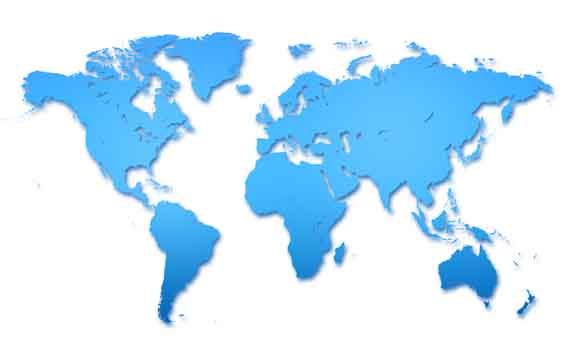Kosovo’s new President
 |
Kosovo’s newly sworn in President, 36 year-old Atifete Jahjaga, has vowed to pursue wider recognition of her country’s independence and its entry to the United Nations, as well as stronger relations with the United states.
"We will prove to ourselves and to the world that all conditions exist for every country to recognise independent Kosovo as an irreversible reality, as a factor of peace and stability," she said in her first speech to the parliament.
"The ideal of all Kosovo is membership in the EU and a permanent friendship with the United States. I believe and I am convinced our dreams will come true."
See AFP’s report here.
Interestingly Jahjaga has never been a member of any political party – she is a former Deputy chief of the Kosovo police service which was established with international supervision and assistance. She was reportedly trained by the US Federal Bureau of Investigation (FBI).
Jahjaga was elected by 80 out of 100 votes in the Kosovo Parliament - her candidacy was strongly supported by Western diplomats who have pressured Kosovo's political parties to reach a deal to avoid new snap elections after the latest polls in December were marred by allegations of fraud.
The agreement also foresees constitutional and election reforms, which will lead to an early presidential election no later then six months after the constitutional changes, and general elections no later then 18 months after the electoral system reform.


